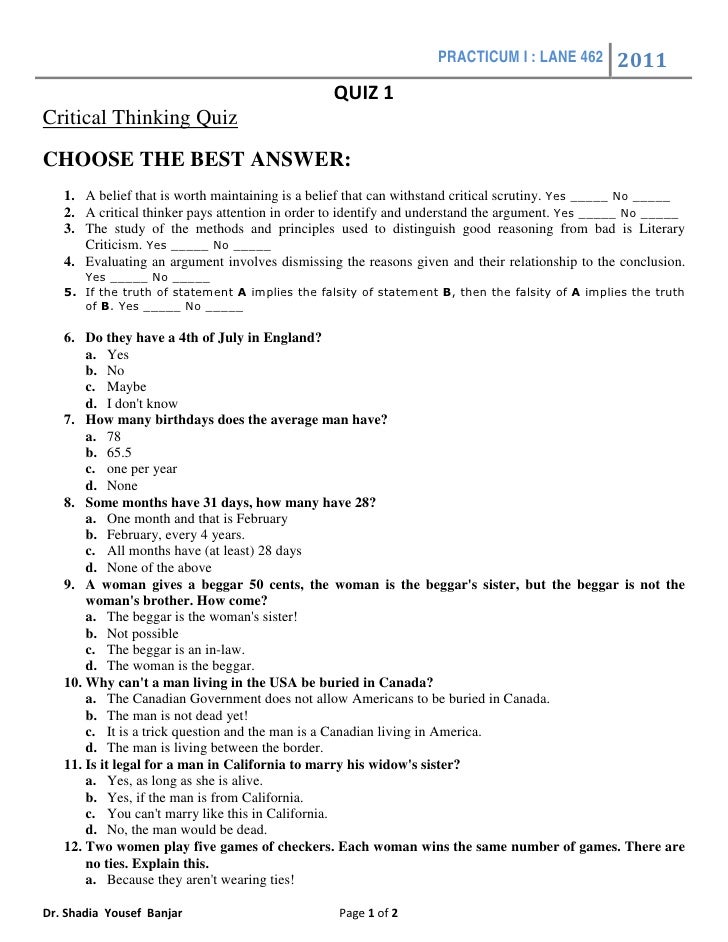Are you hoping to find 'critical thinking translator'? You can find all the material on this web page.
Table of contents
- Critical thinking translator in 2021
- Critical thinking definition
- How to become a translator
- Google translate
- Critical thinking
- Analytical thinking
- Pensamiento crítico
- Types of thinking
Critical thinking translator in 2021
 This image shows critical thinking translator.
This image shows critical thinking translator.
Critical thinking definition
 This image representes Critical thinking definition.
This image representes Critical thinking definition.
How to become a translator
 This image illustrates How to become a translator.
This image illustrates How to become a translator.
Google translate
 This image demonstrates Google translate.
This image demonstrates Google translate.
Critical thinking
 This image representes Critical thinking.
This image representes Critical thinking.
Analytical thinking
 This picture demonstrates Analytical thinking.
This picture demonstrates Analytical thinking.
Pensamiento crítico
 This image representes Pensamiento crítico.
This image representes Pensamiento crítico.
Types of thinking
 This image shows Types of thinking.
This image shows Types of thinking.
Which is the best definition of critical thinking?
Critical thinking is, in short, self-directed, self-disciplined, self-monitored, and self-corrective thinking. It presupposes assent to rigorous standards of excellence and mindful command of their use. It entails effective communication and problem solving abilities and a commitment to overcome our native egocentrism and sociocentrism.
What do you mean by critical thinking in translation?
Critical Thinking in Translation: A cognitive skill providing an ability to analyze the ST from different angles inclusively of linguistic, extralinguistic and pragmatic aspects, as well as an ability to evaluate TT as to the degree of its adequacy in relation to ST and particular conditions of the given instance of translation.
Who is the National Council for Excellence in critical thinking?
Critical Thinking as Defined by the National Council for Excellence in Critical Thinking, 1987 A statement by Michael Scriven & Richard Paul, presented at the 8th Annual International Conference on Critical Thinking and Education Reform, Summer 1987.
What are the universal values of critical thinking?
In its exemplary form, it is based on universal intellectual values that transcend subject matter divisions: clarity, accuracy, precision, consistency, relevance, sound evidence, good reasons, depth, breadth, and fairness.
Last Update: Oct 2021